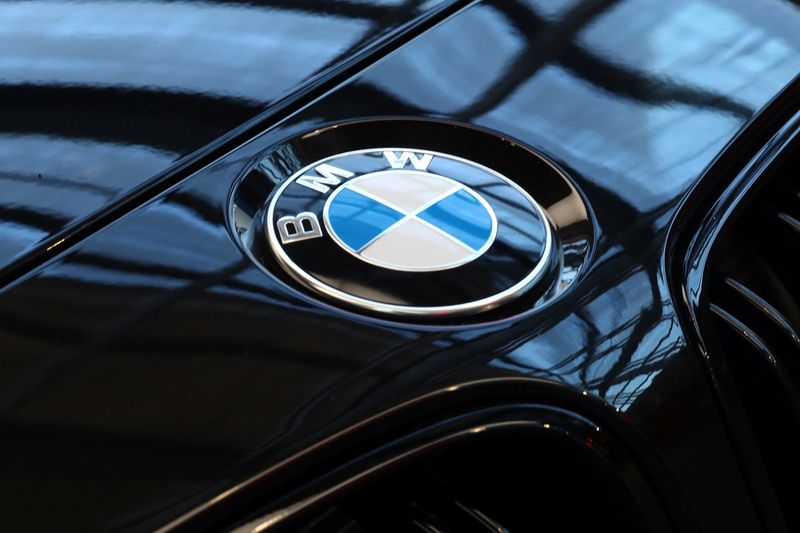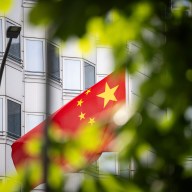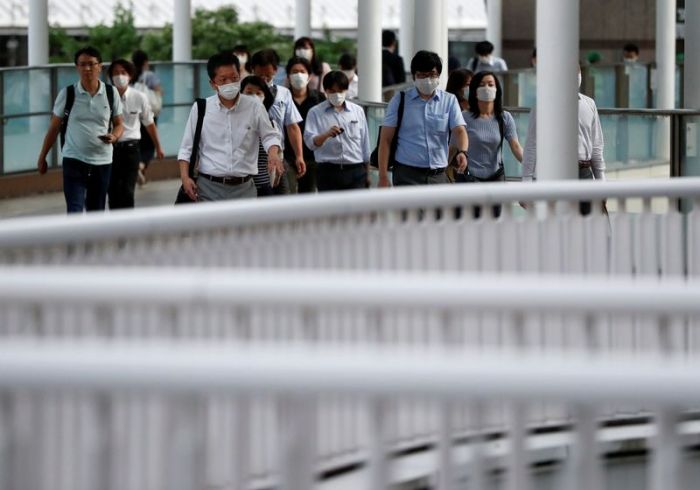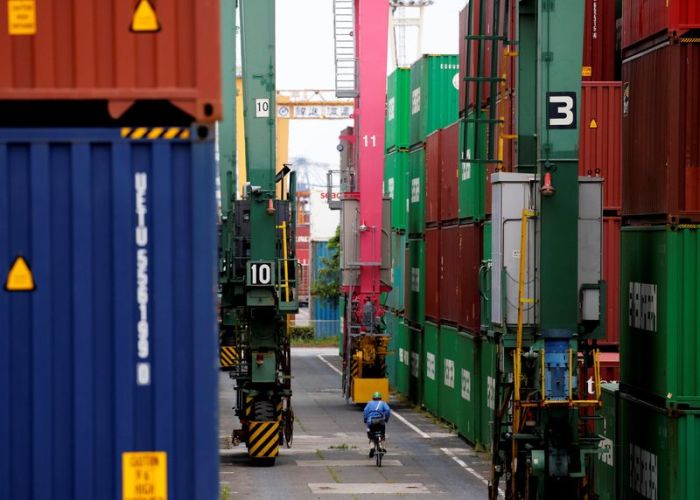BERLIN (Reuters) -BMW cut its car division’s 2022 profit margin forecast on Wednesday and said it expected the chip crisis to drag on throughout the year, the latest automaker to warn of supply chain disruptions exacerbated by Russia’s invasion of Ukraine.
The German carmaker, which sold a record 2.52 million vehicles last year despite semiconductor shortages, had expected to deliver even more this year, but now expects output on par with 2021.
Still, its goals for higher electric vehicle (EV) production remain unchanged, Chief Technical Officer Frank Weber said. The company intends to more than double EV sales to more than 200,000 this year and reach 2 million fully-electric sales by 2025.
It will set up five new partnerships for battery factories in locations close to where EVs are produced in Europe, China, and the NAFTA region, purchasing chief Joachim Post said, without providing details.
The premium carmaker reported a 10.3% EBIT margin for 2021, its highest since 2017, but averaged lower earnings per vehicle than competitors like Audi and Mercedes-Benz.
It now expects an earnings before interest and taxation (EBIT) margin of 7-9% for its car business rather than 8-10%, due to the Ukraine crisis.
BMW suspended production at some German plants after Russia’s invasion of Ukraine, but will return to full production next week, production chief Milan Nedeljkovic said. Production of the Mini in Oxford remains suspended.
Schedules were shifted to compensate for lost production time, Nedeljkovic said, with renovation works at certain plants planned for later in the year completed while production was suspended.
The Ukraine crisis and COVID-19 related disruptions in China have forced carmakers from Toyota to Tesla to shutter plants and raise prices. Many warn of further changes if circumstances do not stabilise.
BMW said that while it was still able to source some parts from western Ukraine and was engaging suppliers in other locations worldwide to keep up production, further interruptions were to be expected.
Rising raw material prices would likely cost the company a sum in the hundreds of millions of euros this year, finance chief Nicolas Peter said.
Still, it expected to maintain its Ukrainian suppliers in the middle- to long-term, Post said.
(Reporting by Christina Ammann; Writing by Victoria Waldersee, Miranda Murray; Editing by Emma Thomasson, Alexander Smith and Jan Harvey)



















